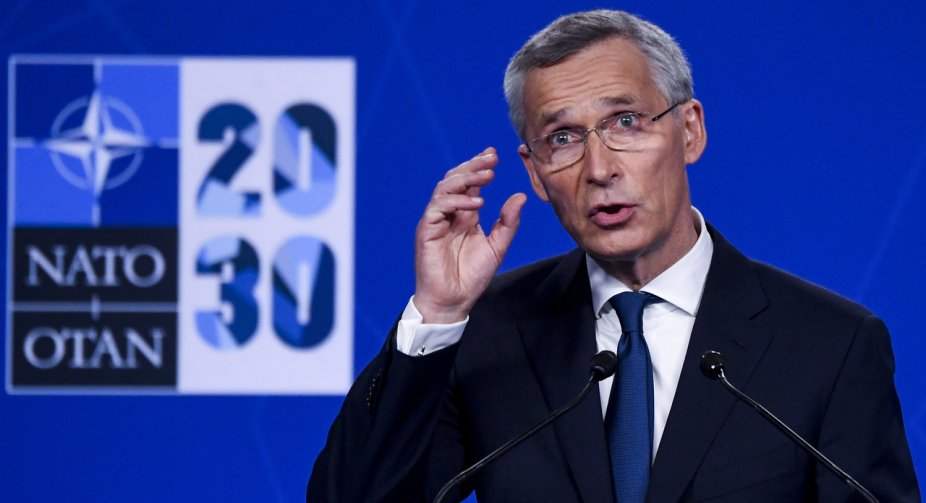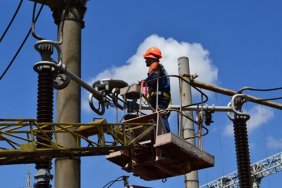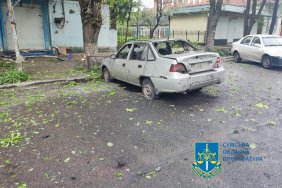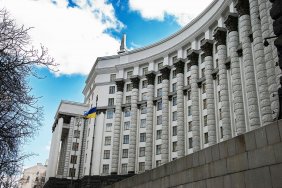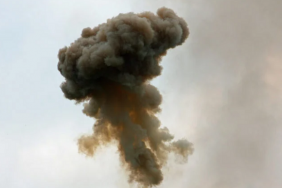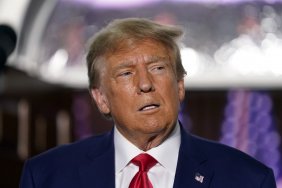NATO has made a decision to accept Ukraine and Georgia, but has not set a timeline for admission. This was stated by Secretary General of the Alliance Jens Stoltenberg in an interview published in La Repubblica newspaper on Friday, writes UNN.
"Ukraine has already applied for membership, and we decided to work on it. To support it in reforms, in the modernization of the armed forces according to our standards. It is clear that we are open. In 2008, we established that Ukraine and Georgia would become members, but we did not establish when," Stoltenberg said.
However, according to the NATO Secretary General, the main message now is different: "the question of membership concerns Ukraine and the 30 allies of the pact."
"In return, the Russians would like a binding agreement preventing NATO expansion. This would be a violation of our principles on self-determination of peoples. Ukrainians, Finns or Swedes should have the right to decide for themselves whether and when to join. The Russians cannot interfere. They want to regain some influence reserved for the great powers. But this is not the Europe I would like to live in. European states are free and independent," he added.
At the same time, Stoltenberg pointed out that "now on the agenda is reform, assistance to Ukraine." "I repeat: now we are talking about Russian aggression, not everything else. They occupied part of Ukraine, Crimea, they control Donbass through the support of separatists, and then they try to force us to accept a legally binding treaty that violates national sovereignty. This is the key issue," he noted.
Note that Russia and the West took an uncompromising stance during talks this week to discuss tensions over Ukraine. While Moscow demanded a halt to NATO expansion, Washington and its allies categorically rejected such demands.
Monday's Russia-U.S. talks in Geneva and Wednesday's Russia-NATO meeting in Brussels failed to bridge the gap in positions, although the sides left open the possibility of future talks on arms control and ways to prevent military incidents between Russia and the West, AP noted.
The talks come as Ukrainian authorities and Western partners are drawing attention to Russia's worsening security situation in Donbass, Russia's buildup of forces along its border with Ukraine, the danger of a new Russian invasion, and increased Russian disinformation.
Putin's main demand is for guarantees from the U.S. and its allies that NATO will not expand further east and deploy weapons systems that Russia considers a threat there.
On December 17, Russia sent the U.S. and NATO proposals on security in Eastern Europe, which it believes are necessary to ease tensions around Ukraine. Moscow's demands include a ban on Ukraine joining NATO, the Kremlin's veto of NATO military deployments in former Soviet republics, and an end to military exercises near its borders.
Negotiations with Russia were held with the U.S., NATO, and OSCE-at a high-level U.S.-Russian dialogue in Geneva on Jan. 10, then at a Jan. 12 Russia-NATO Council meeting in Brussels, and at a Jan. 13 OSCE Permanent Council meeting in Vienna.
